 It’s 2035, you’ve just “parked” your flying car, your dog is taking itself for a walk on the treadmill while your robot housekeeper gets supper going. The Jetson’s vision of the future may not have been wholly accurate but, the technology of 2019 is capable of all sorts of things. It can direct us to the most remote location, print organs and allow us to communicate instantly with someone on the other side of the world. But will Artificial Intelligence be able to create art and make beautiful music?
It’s 2035, you’ve just “parked” your flying car, your dog is taking itself for a walk on the treadmill while your robot housekeeper gets supper going. The Jetson’s vision of the future may not have been wholly accurate but, the technology of 2019 is capable of all sorts of things. It can direct us to the most remote location, print organs and allow us to communicate instantly with someone on the other side of the world. But will Artificial Intelligence be able to create art and make beautiful music?
Legendary Australian musician, Nick Cave (of Nick Cave and the Bad Seeds) was asked this question. His answer (read it below) reiterates the fact (and our philosophy) that our humanness is what will distinguish us from a digital, technological and artificial world.
“Considering human imagination the last piece of wilderness, do you think AI will ever be able to write a good song?”
Dear Peter,
In Yuval Noah Harari’s new book 21 Lessons for the 21st Century, he writes that Artificial Intelligence, with its limitless potential and connectedness, will ultimately render many humans redundant in the workplace. This sounds entirely feasible. However, he goes on to say that AI will be able to write better songs than humans can. He says, and excuse my simplistic summation, that we listen to songs to make us feel certain things and that in the future AI will simply be able to map the individual mind and create songs tailored exclusively to our own particular mental algorithms, that can make us feel, with far more intensity and precision, whatever it is we want to feel. If we are feeling sad and want to feel happy we simply listen to our bespoke AI happy song and the job will be done.
But, I am not sure that this is all songs do. Of course, we go to songs to make us feel something — happy, sad, sexy, homesick, excited or whatever — but this is not all a song does. What a great song makes us feel is a sense of awe. There is a reason for this. A sense of awe is almost exclusively predicated on our limitations as human beings. It is entirely to do with our audacity as humans to reach beyond our potential.
It is perfectly conceivable that AI could produce a song as good as Nirvana’s “Smells Like Teen Spirit,” for example, and that it ticked all the boxes required to make us feel what a song like that should make us feel — in this case, excited and rebellious, let’s say. It is also feasible that AI could produce a song that makes us feel these same feelings, but more intensely than any human songwriter could do.
But, I don’t feel that when we listen to “Smells Like Teen Spirit” it is only the song that we are listening to. It feels to me, that what we are actually listening to is a withdrawn and alienated young man’s journey out of the small American town of Aberdeen — a young man who by any measure was a walking bundle of dysfunction and human limitation — a young man who had the temerity to howl his particular pain into a microphone and in doing so, by way of the heavens, reach into the hearts of a generation. We are also listening to Iggy Pop walk across his audience’s hands and smear himself in peanut butter whilst singing 1970. We are listening to Beethoven compose the Ninth Symphony while almost totally deaf. We are listening to Prince, that tiny cluster of purple atoms, singing in the pouring rain at the Super Bowl and blowing everyone’s minds. We are listening to Nina Simone stuff all her rage and disappointment into the most tender of love songs. We are listening to Paganini continue to play his Stradivarius as the strings snapped. We are listening to Jimi Hendrix kneel and set fire to his own instrument.
What we are actually listening to is human limitation and the audacity to transcend it. Artificial Intelligence, for all its unlimited potential, simply doesn’t have this capacity. How could it? And this is the essence of transcendence. If we have limitless potential then what is there to transcend? And therefore what is the purpose of the imagination at all. Music has the ability to touch the celestial sphere with the tips of its fingers and the awe and wonder we feel is in the desperate temerity of the reach, not just the outcome. Where is the transcendent splendour in unlimited potential? So to answer your question, Peter, AI would have the capacity to write a good song, but not a great one. It lacks the nerve.
Love, Nick
Artificial Intelligence of the future will have creativity, but it won’t be “creative” —it can’t learn the human experience. As Nick Cave says, AI can’t feel.
What’s incredible about being human is that we have an almost endless capacity to learn. Even the most unconfident creative can learn to be creative; whether it’s designing a new internal communication strategy for your office or creating your own leadership exercise with your team — creative thinking is within us all.
Ignite your own creative thinking with our 5-week Creative Thinking online short course at the introductory price of just R3500!



